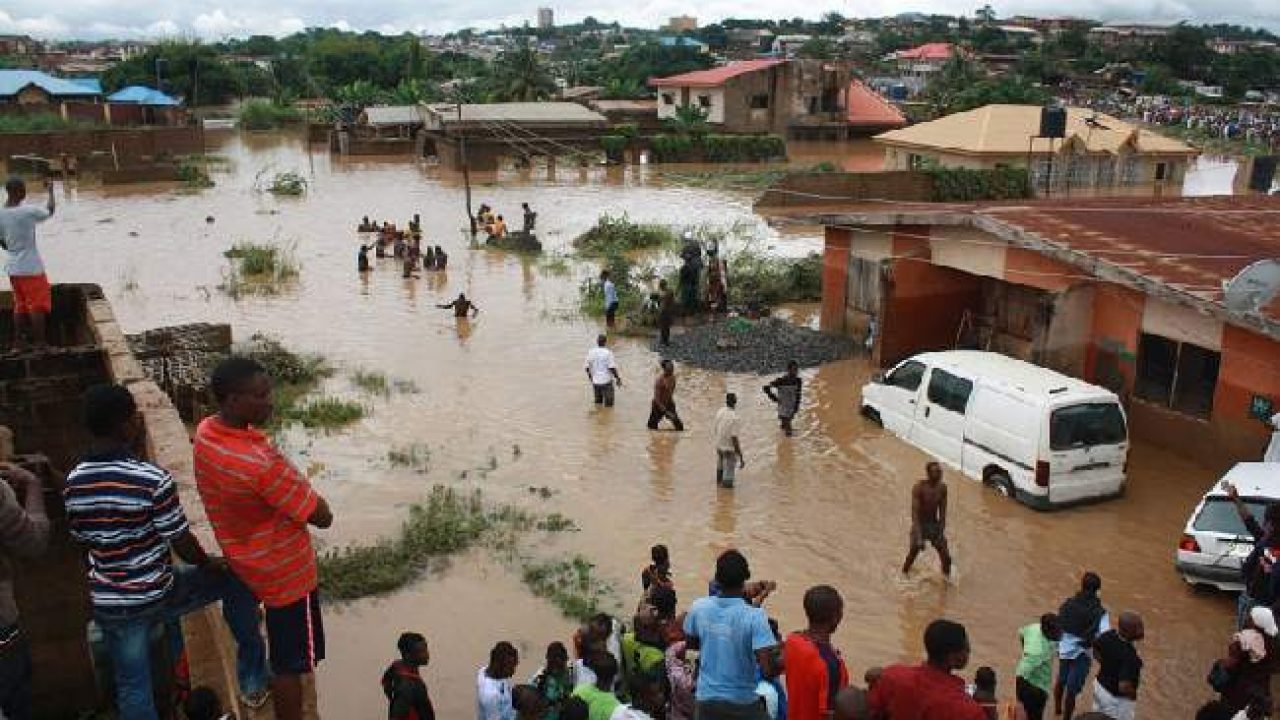The Nigerian environment has been besieged by myriads of challenges, some of which need urgent attention by the new Minister of State for Environment, Dr Iziak Salako, who was appointed a fortnight ago to hold the fort at the ministry.
Climate change
The climate change crisis in Nigeria has been exacerbated by devastating floods in the past decade. Ravaging floods in 2022 killed 662 people, while 3,174 suffered injuries and 2,430,445 individuals were displaced, according to the National Emergency Management Agency (NEMA).
Also, thousands of houses, hectares of farmlands, and several critical national assets were destroyed by the floods that inundated over 10 states of the federation.
‘Japa syndrome’ in Nigeria’s ICT sector
Global health partners to spend $2bn in Nigeria
In recent years, residents of the country have experienced rising temperatures with attendant high malaria burden and irregular rainfall patterns which have far-reaching implications for food security.
Energy Transition Plan
With the removal of the fuel subsidy, experts see a compelling need to urgently implement the Energy Transition Plan in order to put Nigeria on the path of sustainable development.
According to Professor Abdullahi Bashir, a climate change expert and Dean, Faculty of Communication and Media Studies at University of Abuja, the new Minister of Environment needs to lead the multi-sectoral team that will see to the implementation of the plan which is aimed at enhancing Nigeria’s green economy potential and creating over 840,000 jobs for Nigerians.
It will also ensure decarbonisation of the power, oil and gas, transportation, among others, which will in turn create a cleaner and healthier environment for Nigerians.
According to the International Energy Agency, over 140 million people do not have access to energy in Nigeria; about 71% of the country’s population, a negative statistic the administration will have to work hard to change.
Desertification
Nigeria is said to have the highest desertification rate in the world, nearly 3.5 per cent, thus Nigeria loses between 350,000 and 400,000 hectares of land annually.
Desertification has devastating environmental and economic consequences, impacting over 70 million Nigerians and 75 million hectares of land.
With deforestation occurring at an alarming rate, vast expanse of land is left denuded and wasted; leaving many poor farmers vulnerable to food insecurity as their livelihoods are greatly affected.
Though there have been concerted efforts at addressing this environmental challenge, Prof. Bashir said more needs to be done. He called on the minister to ensure the National Agency for the Great Green Wall lives up to the expectations of reclaiming the degraded land and creating livelihoods for the vulnerable locals in the 11 northern states that the programme covers.
Pollution
The duty of the current administration in reducing pollution from the micro to macro-environmental levels is urgent and necessary.
Air pollution in Nigeria’s sprawling cities like Lagos, Kano, Port Harcourt, Abuja, Ibadan, among others has remained a major risk to residents. Researchers have proved that residents inhale daily a deadly mix of Particulate Matter (PM), asbestos, Sulfur Dioxide (SO2), Nitrogen Oxide (NO), Carbon Monoxide (CO), and partially unburnt hydrocarbons.
Experts say the federal government in synergy with state and local governments have to tackle oil spills, gas flaring and enforce strict environmental sanitation to clean up the Niger Delta where fossil fuel exploration has plagued the environment and harmed countless Nigerians, as well as the rest of the country.
Plastic pollution has ruined Nigeria’s marine resources, an issue that also needs to be tackled.
Crimes against the Environment
A lot of crimes are committed against the environment every day, ranging from wildlife trafficking to illegal mining, among others. And at the receiving end of these crimes are the human beings who depend on these natural resources for sustenance and livelihoods.
According to the Environmental Justice Foundation, “Every day, vulnerable people are stripped of their rights, freedom and identity. They are victims of the environmental destruction being inflicted on our shared planet.
“Environmental security is a basic human right, and we go to the ends of the earth to defend people and the planet.”
Thus, it is incumbent on the authorities to ensure that illegal miners and traffickers destroying farmlands, forests, polluting the ocean and trafficking endangered species of flora and fauna are brought to book.
“Some of the zoonotic diseases we sometimes experience are caused by people encroaching on the habitats. So, there is a need to work with stakeholders to ensure that all these environmental issues are addressed,” Prof. Bashir added.

 Join Daily Trust WhatsApp Community For Quick Access To News and Happenings Around You.
Join Daily Trust WhatsApp Community For Quick Access To News and Happenings Around You.


